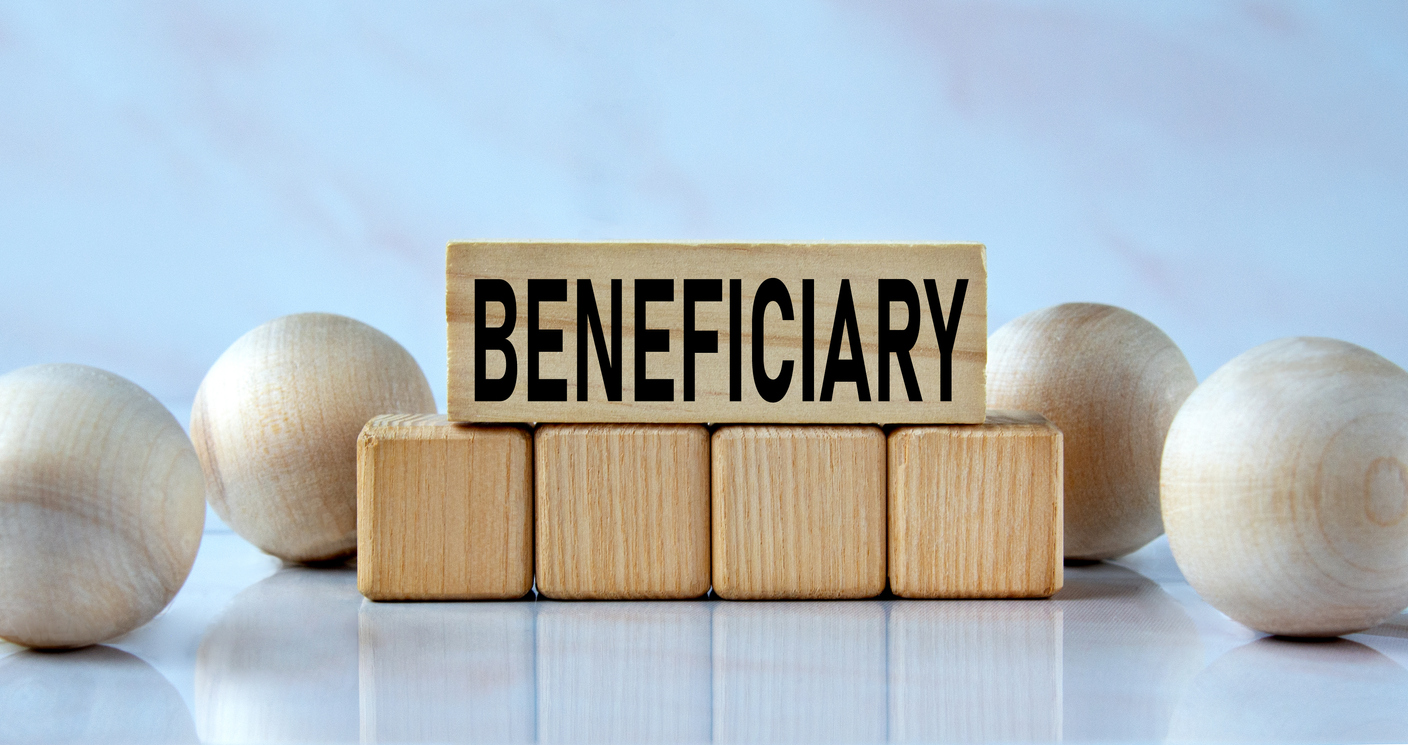How Do Beneficiary Designations Work? – Annapolis and Towson Estate Planning
Beneficiary designations guarantee that certain assets are transferred efficiently at a person’s passing. Assets with designated beneficiaries transfer automatically to the named beneficiary, no matter what’s in the original asset owner’s will or trust document instructions.
Inside Indiana Business’s recent article, “Who are your beneficiaries?” explains that because the new owner is determined without the guidance of a will document, assets with designated beneficiaries are excluded from the decedent’s probate estate. The fewer assets subject to probate, the less cost and time associated with settling the estate.
Many different types of assets transfer via beneficiary designation at the death of the original owner. These include retirement accounts (IRAs, Roth IRAs, 401(k)s, 403(b)s, 457(b)s, pensions, etc.), life insurance death benefits and the residual value of annuities. Bank and brokerage accounts can also be made payable on death (POD) or transferable on death (TOD) to a named beneficiary, if desired. POD and TOD designations bypass probate–like beneficiary designations.
The owners can name both primary and contingent beneficiaries. The primary beneficiary is the first in line to inherit the asset. However, if the primary beneficiary predeceases the owner, the contingent beneficiary becomes the new owner. If there’s no contingent beneficiary listed, the asset transfers to the owner’s estate for distribution. There’s no restriction on the number of beneficiaries who can inherit an asset.
Charities can also be beneficiaries of assets. Because a charity doesn’t pay income tax, leaving a taxable retirement account or annuity to a charity will let 100% of the value go toward the charity’s mission. When an individual inherits, income tax may be due when the funds are distributed.
A trust can also be named beneficiary of an asset. This strategy is often employed when minors or those with disabilities are beneficiaries. Designating a trust as a beneficiary can be complex, so do so with the advice of an experienced estate planning attorney.
Simply naming an estate as a beneficiary is typically not a good strategy because this will subject the asset to probate, which can result in unfavorable income tax outcomes for retirement accounts.
When no beneficiaries are named, the owner’s estate will likely become the default, which leads to probate.
Take time to review your current beneficiary designations to be sure they reflect current wishes. Review these designations every five years or when life circumstances change (marriage, birth, divorce, death).
Whenever you name or change a beneficiary, verify that the account custodian or insurance company correctly recorded the information because errors are problematic, if not impossible, to correct after your death.
Questions? Contact us to schedule an initial call with one of our experienced estate planning attorneys.
Reference: Inside Indiana Business (June 5, 2023) “Who are your beneficiaries?”
Sims & Campbell, LLC – Annapolis and Towson Estate Planning Attorneys







